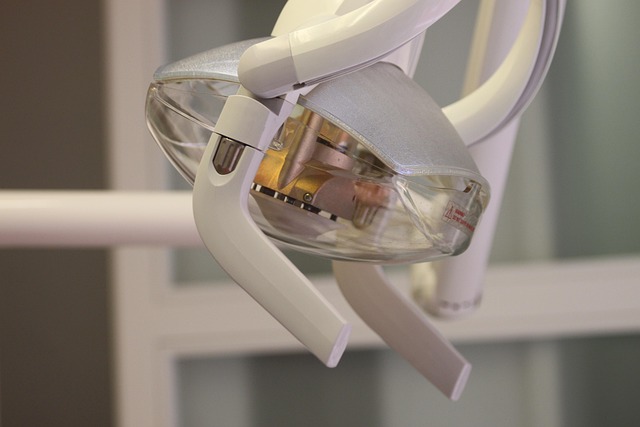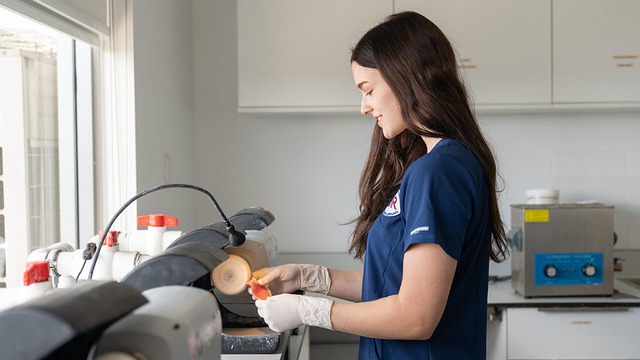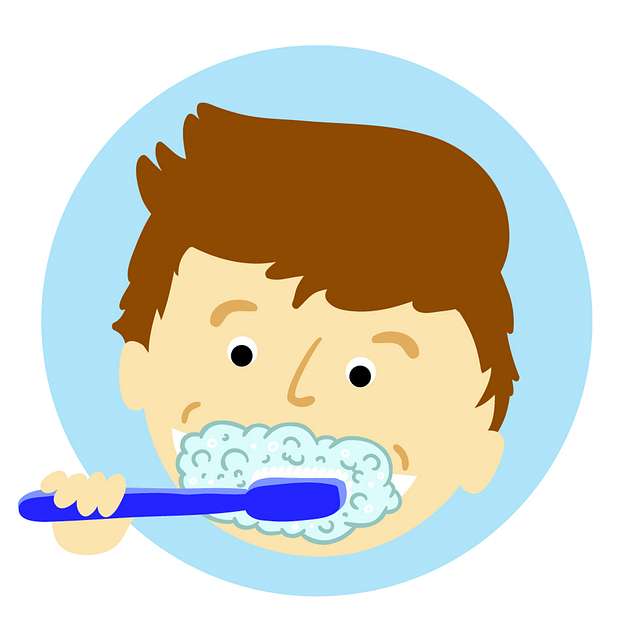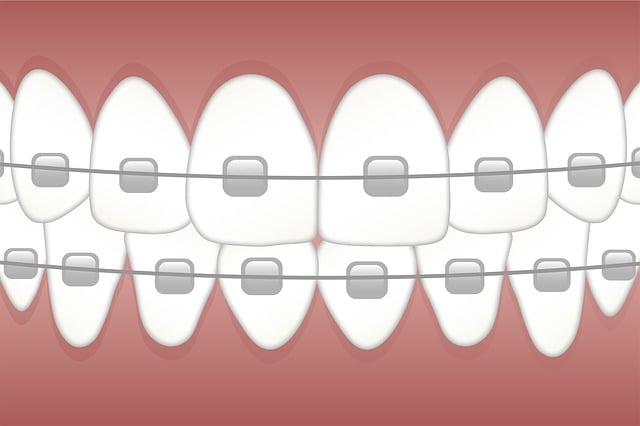Pediatric dentists specialize in calming dental anxiety in children through gentle methods, visual aids, and play. They tailor care for special needs kids, using simplified procedures and adaptive tools. A kid-friendly office environment with colorful decor, music, and games reduces stress. Interactive education fosters positive oral health habits from early ages. Parents play a key role by communicating openly, supporting dental visits, and practicing good hygiene at home.
Ensure your child’s dental visits are anything but stressful with our guide to creating soothing experiences. We explore strategies like understanding and addressing dental anxiety in kids, transforming the dental office into a comfortable space, and making procedures gentle and fun. Learn about educational approaches that teach oral health habits early on. Additionally, discover tips for parents to provide supportive care at home. Discover how a pediatric dentist can make every visit positive and stress-free.
- Understanding Children's Dental Anxiety
- Creating a Comfortable Office Environment
- Fun and Educational Dental Visits
- Gentle Dental Procedures for Kids
- Building Positive Oral Health Habits
- Involving Parents: Tips for Supportive Care
Understanding Children's Dental Anxiety

Many children experience dental anxiety, which can stem from various factors such as past traumatic experiences, fear of the unknown, or simply a sensitivity to new environments and procedures. As a result, visiting the dentist can become a stressful event for both kids and their parents. A pediatric dentist is specially trained to address these concerns and create a soothing dental experience for children. They employ techniques like gentle communication, visual aids, and positive reinforcement to help kids feel more at ease during check-ups and treatments.
For children with special needs, finding a comfortable and accommodating environment is even more crucial. Special needs dentistry for kids focuses on providing personalized care tailored to each child’s unique requirements. This may include simplifying complex procedures or using adaptive tools to ensure teeth cleaning for infants and older children is carried out safely and effectively while minimizing anxiety. A pediatric dentist for anxious kids can make a significant difference in fostering a positive relationship with oral health from an early age.
Creating a Comfortable Office Environment

Creating a comfortable office environment is key to providing soothing dental experiences for children. A pediatric dentist should strive to make their practice feel like a welcoming space, starting from the moment families walk in the door. This can be achieved through colorful and playful decor, soft lighting, and soothing music that appeals to kids. Displaying fun and engaging items, such as toys or books related to dentistry, can also help alleviate anxiety and make dental visits more enjoyable for children.
The waiting area plays a significant role in setting the tone for the entire visit. Consider incorporating interactive elements like games or play areas tailored for young patients. Additionally, ensuring that chairs are sized appropriately for kids and providing them with small, age-suitable tools or activities during their wait can contribute to a more positive experience. A kid-friendly dentist near me should focus on creating an atmosphere where children feel comfortable and at ease, making it easier for them to stay calm and cooperative throughout the dental procedure.
Fun and Educational Dental Visits

Taking children to the dentist doesn’t have to be a daunting or stressful experience. Many modern pediatric dentists are now adopting fun and educational approaches to make dental visits enjoyable for kids. By transforming the dental office into a welcoming and playful space, these professionals not only ease anxiety but also foster good oral health habits from an early age.
During these visits, children can learn about proper brushing techniques through interactive demonstrations, engage in age-appropriate games that teach them about plaque and cavities, and even receive rewarding stickers or small toys upon completing their check-ups. Moreover, pediatric dentists often use stories and visual aids to explain dental procedures, making them less intimidating for little ones with special needs. The integration of play and education creates a positive association with dental care, setting the foundation for lifelong healthy habits, including the application of dental sealants as they grow older.
Gentle Dental Procedures for Kids

At a pediatric dentist office, gentle procedures and a kid-friendly environment are standard practices to ensure young patients feel at ease during their dental visits. Many children’s dentists use various techniques to make these appointments less intimidating for kids, such as playful distractions, soothing music, and visual aids tailored to their age group. The goal is to create positive associations with dental care early on, fostering good oral hygiene habits that will last a lifetime.
When it comes to actual procedures, pediatric dentists employ extra caution when treating infants and toddlers. This includes using smaller, more manageable equipment designed specifically for children’s mouths. Simple tasks like teeth cleaning for infants can be done gently and efficiently with specialized tools, minimizing any discomfort. The best children’s dentists in your city often prioritize open communication with both kids and their parents, offering home care advice for baby teeth to complement regular check-ups and promote comprehensive dental health.
Building Positive Oral Health Habits

Encouraging healthy oral habits from a young age is the cornerstone of any successful dental care routine. Parents play a vital role in establishing positive experiences with dentistry for their children, which can set them up for a lifetime of good oral health. A pediatric dentist is an excellent resource to help guide parents through this process. Regular check-ups and gentle, fun dental experiences for kids can reduce anxiety and create a sense of comfort around dental care.
Teaching children proper brushing techniques, the importance of flossing, and regular visits to the pediatric dentist are all part of building a solid foundation. Moreover, discussing teeth straightening for kids with a qualified professional can help address any concerns early on, ensuring that children grow up with confident smiles. With various children’s dental insurance options available, families can make informed choices to support their child’s dental health journey.
Involving Parents: Tips for Supportive Care

Involving parents plays a pivotal role in ensuring a soothing dental experience for children. Before and during visits to the pediatric dentist, parents can significantly contribute to their kid’s comfort and cooperation. Start by fostering open conversations about oral health from an early age, explaining procedures in simple terms to alleviate anxiety. Creating a supportive environment at home, complete with positive affirmations and gentle reminders, can make dental appointments less daunting.
When it comes to pediatric dentistry for newborns, teeth straightening for kids, or visiting a kid-focused oral care clinic, parental involvement is key. Encourage parents to demonstrate good oral hygiene practices themselves, as children often mimic their caregivers. Regular check-ups with the pediatric dentist allow for early detection of any issues, while also providing opportunities to address concerns and dispel fears, ensuring each dental visit is as stress-free as possible.
Soothing dental experiences for children begin with addressing their unique needs and fears. By creating a comfortable office environment, incorporating fun and educational visits, and employing gentle procedures tailored to kids, pediatric dentists can make oral health care less daunting. Building positive habits from an early age, coupled with supportive parental involvement, ensures a lifetime of healthy smiles. Remember, a child’s dental experience sets the stage for their overall attitude towards healthcare.














